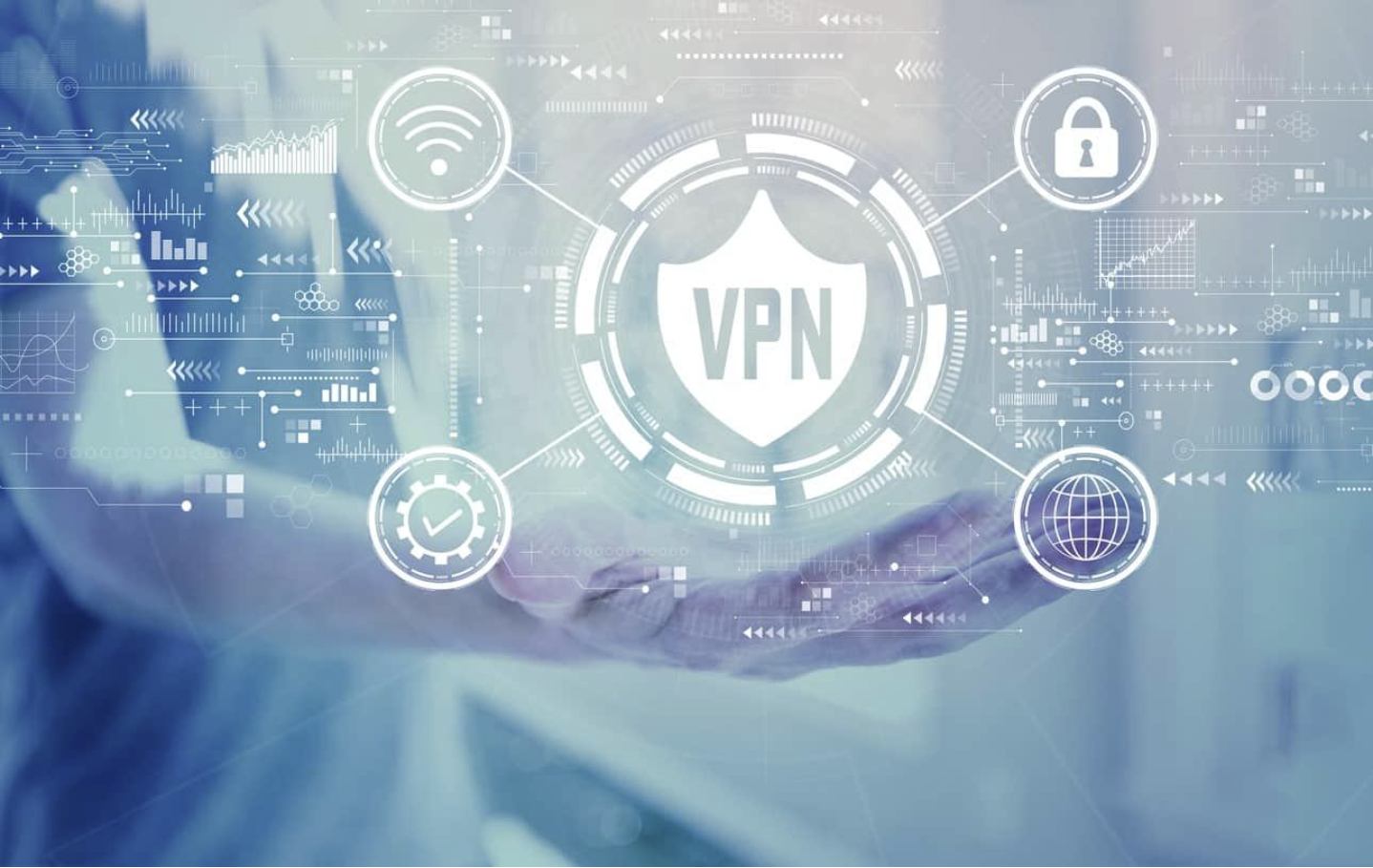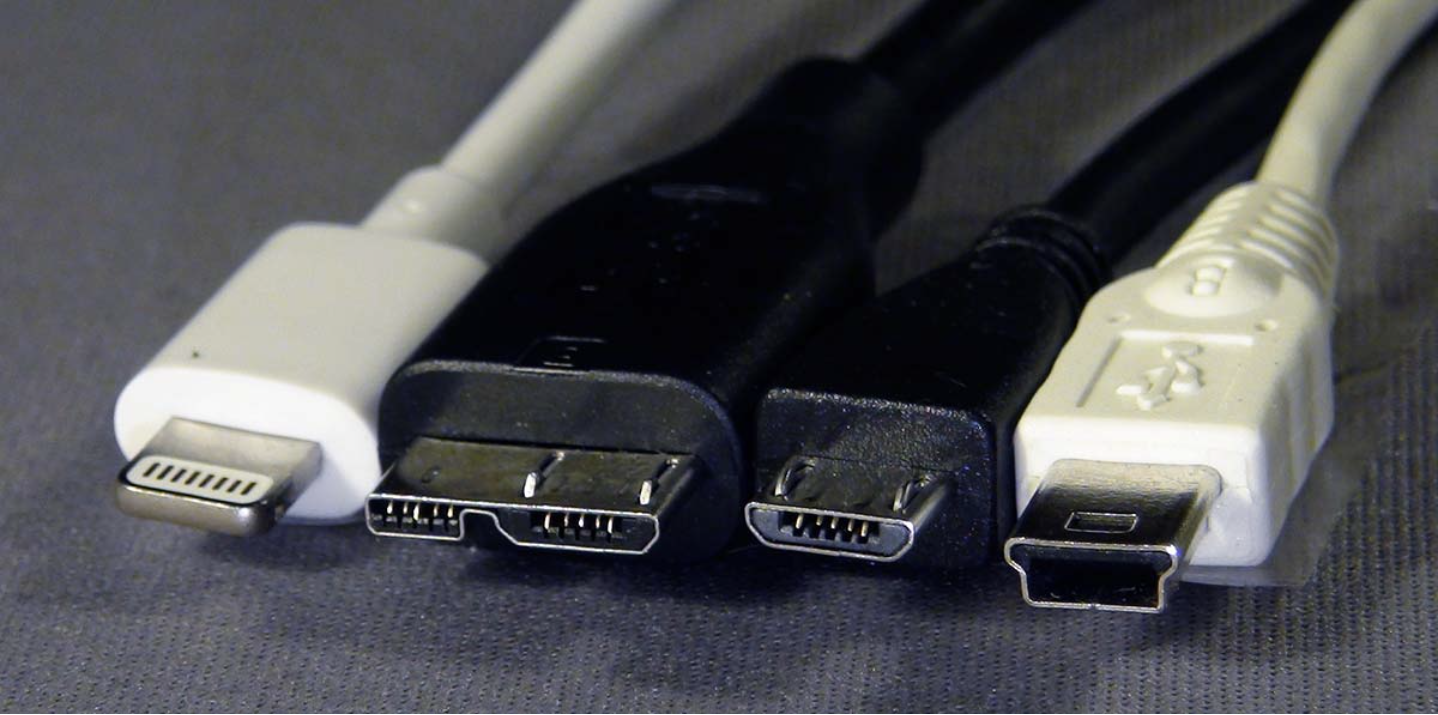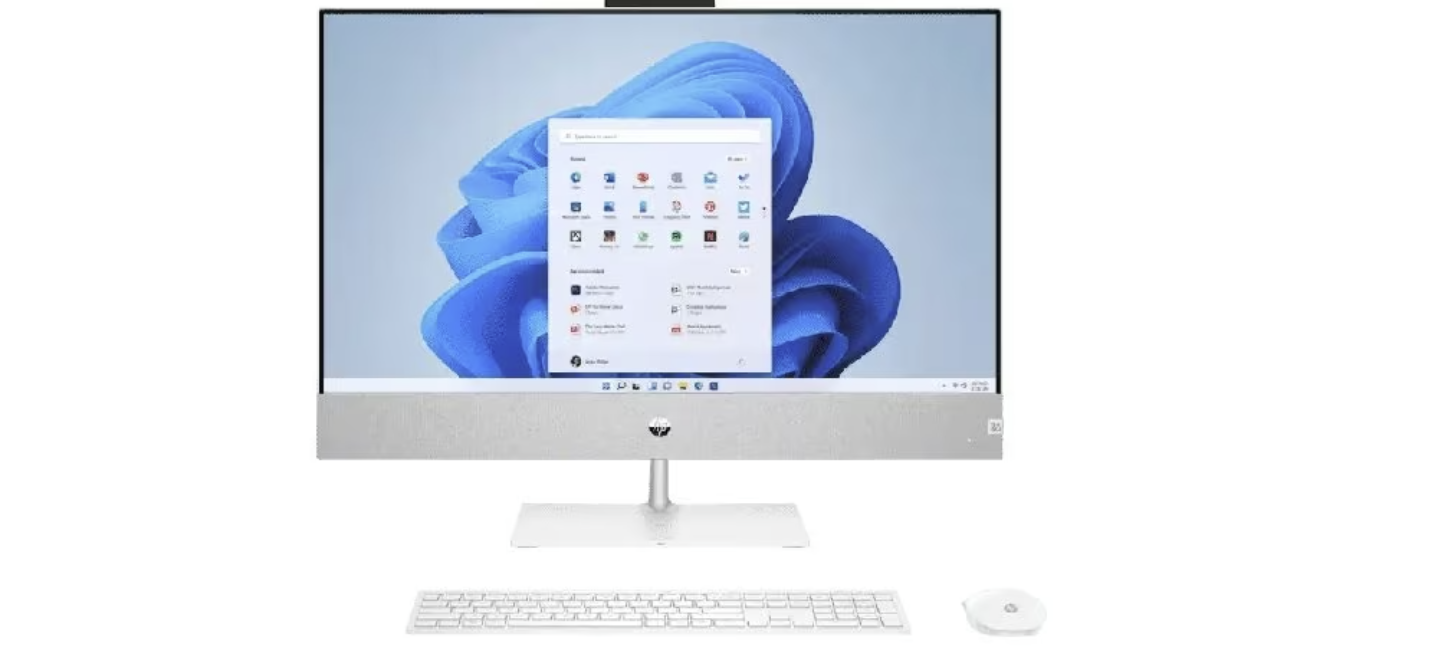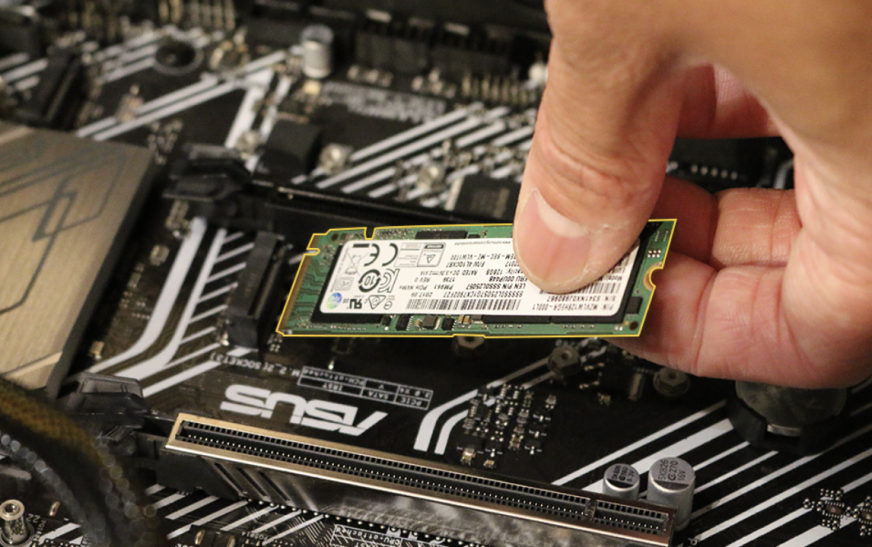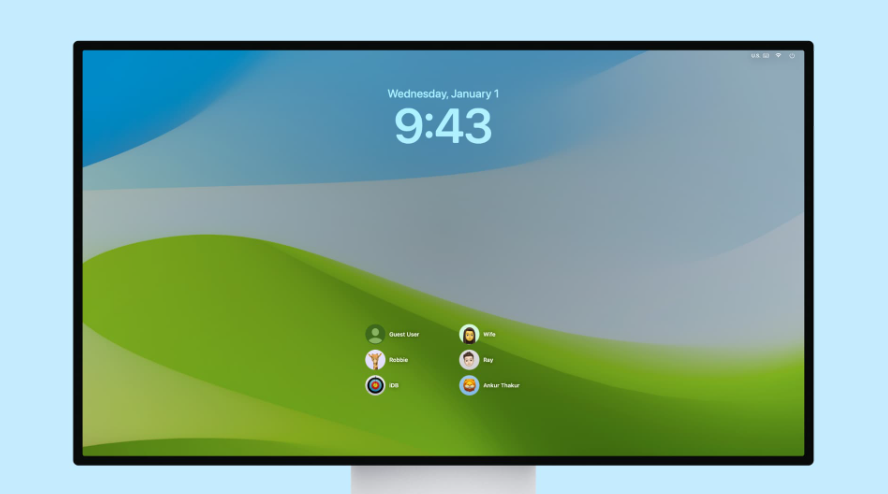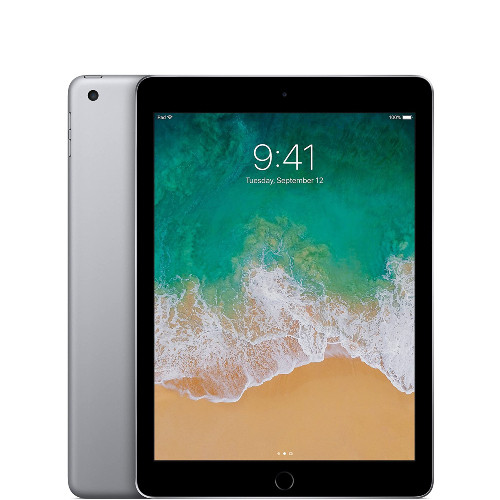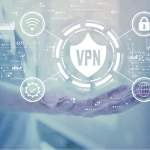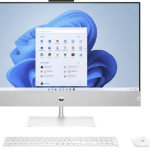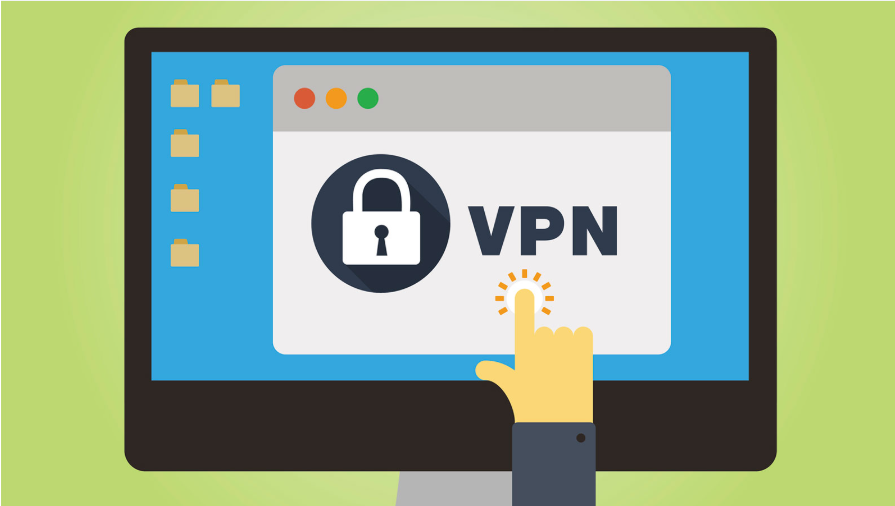
Introduction to Virtual Private Networks (VPNs): How They Work
In today’s fast-paced digital world, protecting your data while online has become more critical than ever. Virtual Private Networks (VPNs) offer a secure way to keep sensitive information safe by encrypting communications over public networks like the internet. If you’re concerned about your privacy and want to learn how VPNs can protect your online activity, this guide will cover the basics, benefits, and uses of VPNs.
What is a VPN?
At its core, a VPN creates a secure, encrypted connection between your device and a remote server. This encrypted connection, often called a “tunnel,” shields the data you send and receive from anyone who might try to intercept it. By routing your internet traffic through this encrypted tunnel, VPNs provide security, privacy, and anonymity, no matter where you are or which network you’re using.
How VPNs Work
- Encryption
Encryption is the key feature of VPN technology. When you connect to a VPN server, your device and the server communicate using encryption protocols that scramble your data. Only those with the right decryption key can read the data, so if someone intercepts it, they won’t be able to understand it. - Tunneling
VPNs use a process called “tunneling” to protect your data. Tunneling involves wrapping your data in another packet, forming a secure tunnel through which your information travels safely to the server. This ensures that even if someone tries to intercept the data, it remains encrypted and inaccessible. - Protocols
To manage secure communication, VPNs use various protocols. Some common ones are OpenVPN, IPSec, L2TP/IPSec, and PPTP. Each protocol offers a balance of security, speed, and compatibility. These protocols control how data is encrypted and sent, ensuring that the connection is both safe and efficient. - Authentication
Before a VPN connection is established, authentication protocols verify the identities of both the user and the server. This prevents unauthorized access by making sure that only trusted parties can connect. Common authentication methods include username/password, digital certificates, and multi-factor authentication. - VPN Clients and Servers
VPN clients are software programs that you install on your device. These clients connect to VPN servers, which are often located in different geographic regions. By connecting to a server, you can hide your real IP address and appear as if you’re browsing from the server’s location, adding an extra layer of privacy.
Why Use a VPN?
- Privacy Protection
VPNs help protect your privacy by encrypting your internet traffic and masking your IP address. This makes it harder for ISPs, governments, hackers, and other entities to track your online activities or access your personal information. - Enhanced Security
VPNs provide a crucial layer of security, especially when using public Wi-Fi networks. By encrypting your data, they protect you from threats like eavesdropping and man-in-the-middle attacks, ensuring that your information stays safe when using unsecured networks. - Bypass Geographic Restrictions
VPNs make it possible to bypass geo-restrictions. By connecting to a VPN server in another country, you can access content that may be blocked or restricted in your region, such as streaming services or websites. - Data Protection
For both individuals and businesses, VPNs are essential for keeping sensitive data secure. They reduce the risk of data theft or unauthorized access by creating encrypted connections for data exchanges, which is particularly important for remote workers and businesses handling confidential information.
Real-World Applications of VPNs
- Remote Work
With more people working remotely, VPNs have become indispensable for secure communication between remote workers and company networks. They allow employees to securely access company resources, collaborate with colleagues, and work from anywhere without risking data exposure. - Personal Privacy
If you’re concerned about your online privacy, using a VPN can provide peace of mind. VPNs encrypt your internet traffic, hide your IP address, and help protect your personal data from cybercriminals, hackers, and unwanted surveillance. - Geo-Spoofing
VPNs are commonly used to access content that is unavailable due to geographic restrictions. By connecting to a server in a different location, you can access movies, TV shows, games, and websites that are blocked in your area. - Security Testing
For cybersecurity professionals, VPNs are valuable tools for conducting penetration tests and security assessments. They allow experts to simulate different network environments, test vulnerabilities, and strengthen systems against potential cyberattacks.
Conclusion
Virtual Private Networks (VPNs) are powerful tools that provide privacy, security, and access control in today’s connected world. By encrypting your data, masking your IP address, and bypassing geographic restrictions, VPNs help protect your sensitive information and maintain your anonymity online. Understanding how VPNs work and the benefits they offer is key to navigating the digital landscape safely. As the need for secure communications continues to grow, VPNs will remain a vital solution for protecting data and ensuring privacy.

